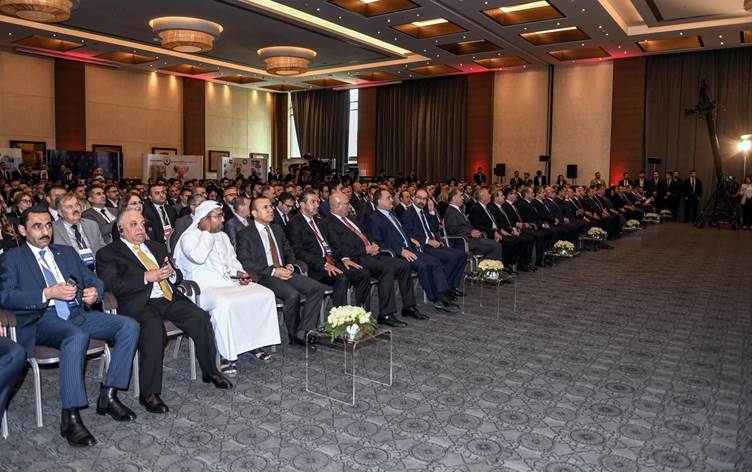As Kurdistan heads into its next electoral cycle, women must take more initiative to secure guarantees for their rights. We cannot continue to be so primitive in our politics, where the only discussion revolves around whether the Kurdistan Democratic Party (KDP) and Patriotic Union of Kurdistan (PUK) get along - a conversation seemingly dominated solely by men.
Indeed, whether KDP and PUK get along makes little difference to women. Whether they share in governance or pull their ministers out, it does not alter the reality faced by girls and women. The impact is marginal, if any. When we turn on the television or seek political commentary, the conversations are primarily led and shaped by men. Where are the women in these discussions?
In the politically charged landscape of Kurdistan, women's rights have long been relegated to the periphery, overshadowed by the agendas of major political parties. Their plight is often exploited as a mere tool for political maneuvering, rather than being treated as a genuine priority. There is an urgent need for a paradigm shift.
Women's rights have consistently taken a backseat to the political ambitions of Kurdistan's major parties. Tragic incidents, such as violence against women, are cynically deployed to score political points, while tangible solutions remain elusive. The manipulation of women's rights for political gain calls for a profound reevaluation of the prevailing political framework to prioritize the genuine well-being of women.
Genuine progress in women's rights demands unified, cross-party advocacy transcending political allegiances. Sadly, such a cohesive effort has been conspicuously absent among political entities like KDP, PUK, Kurdistan Islamic Union (KIU), and others. In contrast, nations like the United Kingdom exemplify how parties collaboratively address common issues, bridging the gap between political affiliations for the greater good. Women in Kurdistan deserve no less. Collective action is pivotal in elevating their status and achieving gender equality.
The alarming prevalence of violence against women in Kurdistan has reached critical levels. Shocking incidents, from domestic abuse to public attacks, underscore the urgency for immediate action to protect women from harm. Mere condemnations fall short; decisive measures and resources must be put into effect to prevent violence and ensure the swift prosecution of perpetrators. Empowering women through safe housing, financial aid, and support networks will embolden them to break free from abusive environments.
The fight for women's rights in Kurdistan must extend beyond ensuring safety. It necessitates a comprehensive strategy that addresses the diverse challenges women encounter daily. Affordable and quality childcare options can alleviate the burden on working mothers, enabling
their active participation in the workforce. Likewise, recognizing the invaluable role of stay-at-home mothers and providing them with financial benefits is essential. Incentives for working mothers, such as flexible working hours and equal career opportunities, can bridge the gender gap in the workplace, fostering a more inclusive society.
Beyond being mere pawns in political games, women must be at the forefront of the political process, wielding their electoral power to drive transformative change. The journey towards gender equality in Kurdistan necessitates the collective effort of political entities, policymakers, and society at large. Embracing this vision will not only elevate the status of women but also contribute to a more prosperous and inclusive nation.
But more importantly, it requires women to take the initiative and transcend the chaos of KDP and PUK. Women can seize this narrative to their advantage by securing fundamental rights and policy changes, like setting a quota for ministerial positions or mobilizing female votes centered on policies rather than figureheads.
The views expressed in this article are those of the author and do not necessarily reflect the position of Rudaw









Comments
Rudaw moderates all comments submitted on our website. We welcome comments which are relevant to the article and encourage further discussion about the issues that matter to you. We also welcome constructive criticism about Rudaw.
To be approved for publication, however, your comments must meet our community guidelines.
We will not tolerate the following: profanity, threats, personal attacks, vulgarity, abuse (such as sexism, racism, homophobia or xenophobia), or commercial or personal promotion.
Comments that do not meet our guidelines will be rejected. Comments are not edited – they are either approved or rejected.
Post a comment